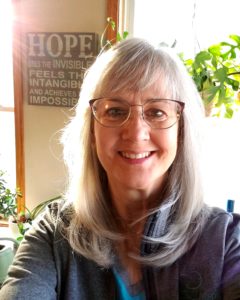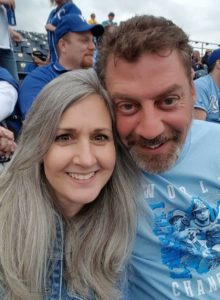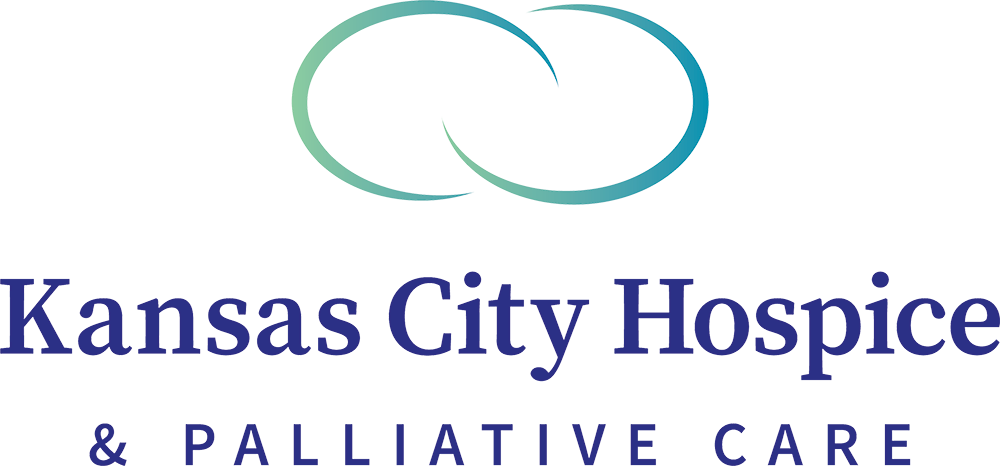By Lisa Brooks, MSW, LCSW
KCH Social Worker
Published: March 15, 2022
When I was asked to describe being a social worker in hospice, so many thoughts flooded my mind. It’s challenging, heartbreaking, joyful, and fulfilling. I’m often asked, “How do you do that? I couldn’t do that.” My response is, “It’s the most meaningful work I have ever done in my social work career, and I am not alone in it.”
Hospice Social Work is not something you can do well, or for very long, on your own. The families need all of us and we each need the team. I’m blessed to be a part of the KCH Gold and Silver home hospice teams as well as an awesome team of 12 social workers throughout our agency. Working with, and learning from, such an incredibly talented group is inspiring. I certainly love when I spend one-on-one time with a patient or family, using my clinical skills to calm, educate and comfort. And yet it is still a team of nurses, home health aides, chaplains, social workers, and supervisors who support the work that happens.

Lisa Brooks, MSW, LCSW, provides hope to her patients.
Recently, I met with the RN Case Manager and interpreter for a new admission to find the patient at the end of life. A quick assessment made it clear the family was not prepared for the loss of their husband and father and the family wanted a priest. We didn’t have much time but with a quick call to a KCH chaplain, who made a couple of calls, a priest was on his way. As a team, using our individual skills, we quickly helped this family and patient have a peaceful end of life. He passed just a few hours later.
Another example comes from my work with four children, ages 16 to 27. They had no previous experience with death nor anyone to help guide them. My goal as a hospice social worker is to be present but not impose myself into the situation. I am to bear witness to their individual journey and support their decision making. I provided education to this family about the dying process, affirmed the care they provided their parent, and encouraged spending private time and saying what they needed to say. When he passed, I supported the nurse, helped the children select a funeral home, called to arrange transport, stayed for several hours until they were ready for their father to be taken, while coordinating with the funeral home to safeguard respect and dignity, so those last memories with their father were ones of reverence. My hope is that I helped make a difficult time a bit easier and eased their burden a bit. Although I had spent a lot of time with this family that day, it was the nurse who alerted me to the need, the chaplain who supported the team, and the home health aide who the family raved about.

Brooks with her husband at a Royals game.
I’m aware I’m blessed to do the work I love, with people I love and admire, to learn and grow, while having amazing support from my supervisors and peers. I can’t change the loss or heal the pain our families feel, but I can continue to provide support, reassurance and guidance to our families with the encouragement and collaboration of my peers.
Posted in General, Hospice Care, Stories of Support
